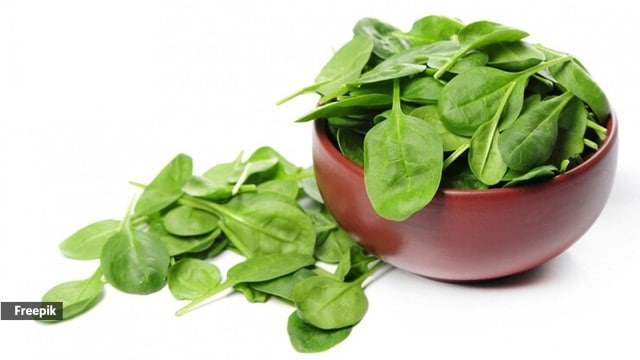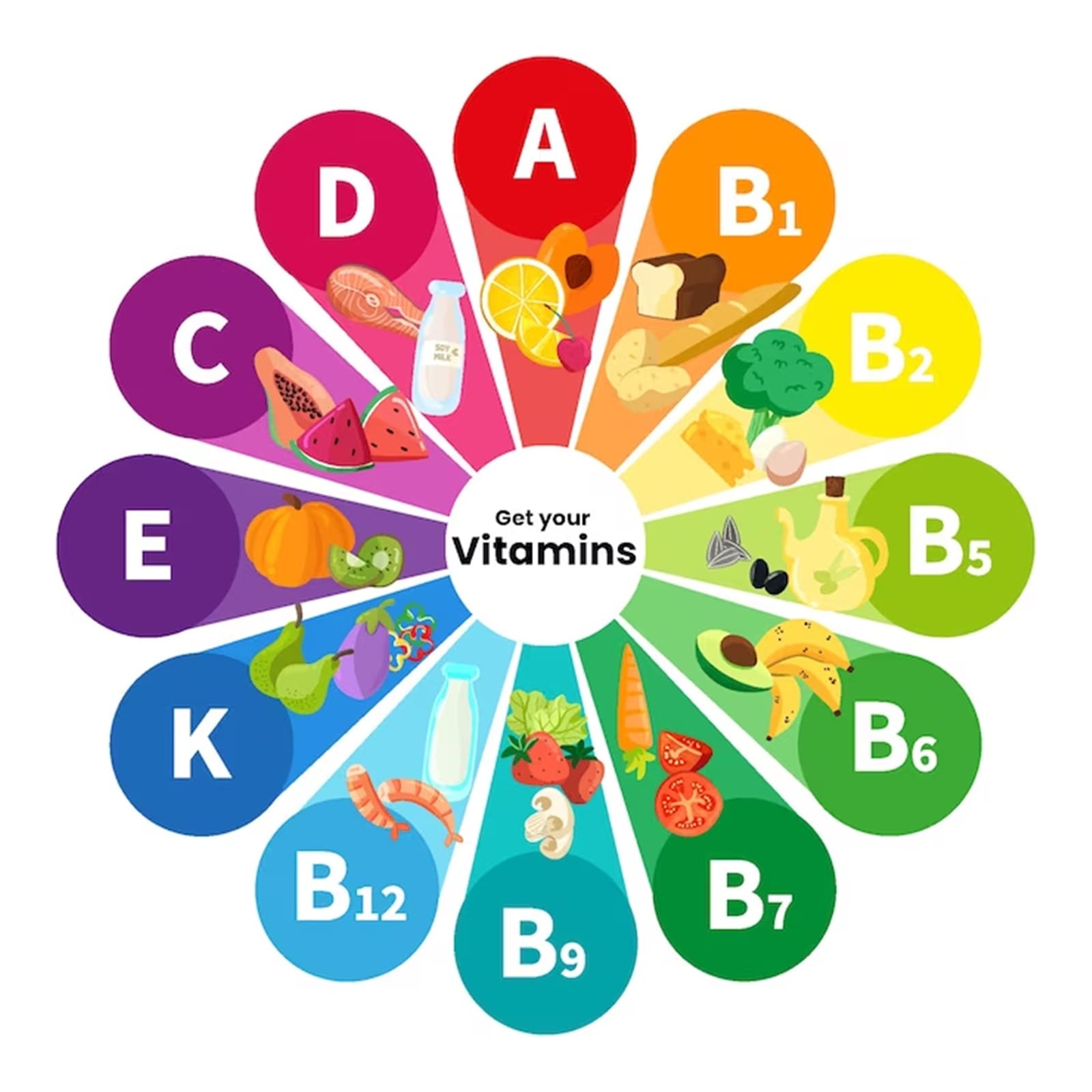📣 For more lifestyle news, click here to join our WhatsApp Channel and also follow us on Instagram
Nutrition alert: Here’s what a 100-gram serving of spinach contains
Let's take a look at the many health benefits of palak or spinach and whether there are any precautions we need to take before eating it.
 Palak or Spinach is a nutritious powerhouse. (Source: Freepik)
Palak or Spinach is a nutritious powerhouse. (Source: Freepik)There’s a reason why the cartoon character Popeye eats spinach to make himself strong. This vitamin and mineral-rich leafy green vegetable is a nutritious powerhouse, to put it upfront.
Ekta Singhwal, dietician, Ujala Cygnus Group of Hospitals, explained that it contributes to better eye and bone health, even improving digestion.
Let’s take a look at the many health benefits of palak or spinach and whether there are any precautions we need to take before eating it.
Nutritional profile of spinach
According to Singhwal, a 100-gram serving of palak contains the following nutrients.
– Calories: 23 kcal (per 100 grams)
– Carbohydrates: 3.6 grams
– Dietary Fibre: 2.2 grams
– Sugars: 0.4 grams
– Protein: 2.9 grams
– Fat: 0.4 grams
– Vitamin A
– Vitamin C
– Vitamin K
– Vitamin B-complex (including B1, B2, B3, B5, B6, B9)
– Calcium
– Iron
– Magnesium
– Phosphorus
– Potassium
– Manganese
– Zinc
 High in vitamin K and calcium, spinach contributes to maintaining strong and healthy bones. F(Source: Freepik)
High in vitamin K and calcium, spinach contributes to maintaining strong and healthy bones. F(Source: Freepik)
Health benefits of spinach
Singhwal elaborated on the various health benefits of including palak in your diet.
Heart Health: Spinach is rich in potassium and magnesium, promoting healthy blood pressure levels and reducing the risk of cardiovascular diseases.
Bone Health: High in vitamin K and calcium, spinach contributes to maintaining strong and healthy bones.
Anti-Inflammatory: The presence of antioxidants, particularly in the form of flavonoids, helps reduce inflammation in the body.
Eye Health: Spinach contains lutein and zeaxanthin, antioxidants that support eye health and may prevent age-related macular degeneration.
Digestive Health: The fibre content aids in digestion and can help prevent constipation.
Blood Sugar Control: Compounds in spinach may help regulate blood sugar levels, benefiting individuals with diabetes.
Skin and Hair Health: Rich in vitamins A and C, spinach contributes to healthy skin and hair.
Can diabetics consume spinach?
Spinach is a good choice for individuals with diabetes, according to Singhwal. “Its low-carbohydrate and high-fibre content can contribute to better blood sugar control.”
Is it beneficial for pregnant women?
Singhwal said that spinach is beneficial for pregnant women as it provides essential vitamins, minerals, and folic acid crucial for fetal development.
 However, excessive intake should be avoided by pregnant women (Source: Getty Images/Thinkstock)
However, excessive intake should be avoided by pregnant women (Source: Getty Images/Thinkstock)
Things to keep in mind while having spinach
Spinach is generally safe for most people but Singhwal warned that those prone to kidney stones should moderate their intake due to its oxalate content.
She added that allergies to spinach are rare but possible, and individuals on blood-thinning medications should be cautious due to its vitamin K content.
Myths and Facts
Singhwal debunked the following myths about spinach consumption.
Myth: Spinach is the richest source of iron.
Fact: While spinach contains iron, its absorption can be hindered by compounds like oxalates and phytates.
Myth: Raw spinach is always better than cooked.
Fact: Cooking spinach can enhance the absorption of certain nutrients like iron and decrease oxalates.
📣 For more lifestyle news, follow us on Instagram | Twitter | Facebook and don’t miss out on the latest updates!
📣 For more lifestyle news, click here to join our WhatsApp Channel and also follow us on Instagram
- 01
- 02
- 03
- 04
- 05



























